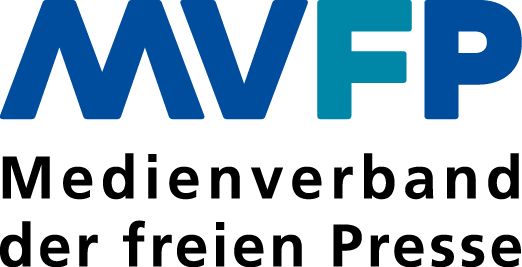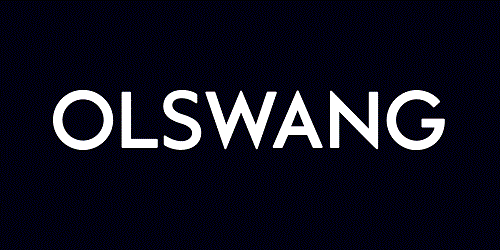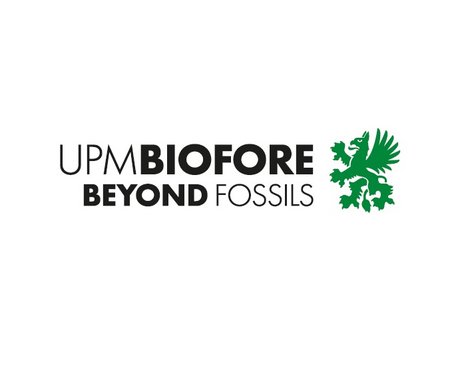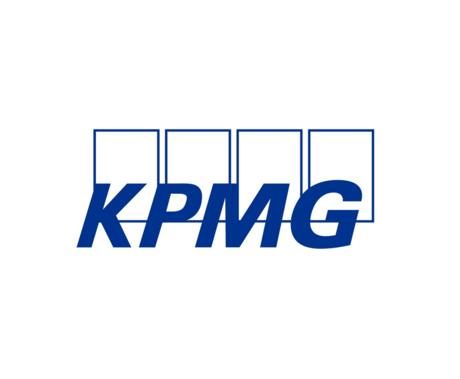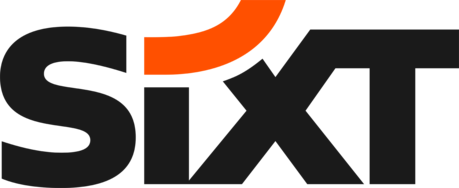Google EU competition investigation
A representative survey conducted in four key European markets (France, Germany, Italy and Spain) assessed the effectiveness of the remedies offered by Google in April 2013 to resolve the EU competition investigation.
The survey came to the following principal findings:
- Even if separated from organic search results and labelled as “sponsored”, users overwhelmingly click on Google’s vertical search results.
- Less than 5% clicked on any Rival Link.
- When searching for a “DSLR camera” on a mobile device, from a total of 4,000 participants 2,995 (74.9%) clicked on a labelled Google Shopping Result or an ad, only 65 (1.6%) on a Rival Link.
- When searching for a “restaurant”, out of 4,000 participants 1438 (35.9%) clicked on a Google Maps/Local result, only 25 (0.6%) on a rival maps provider.
- Of 20,000 searches, only 15 clicks went to the “info” icon supposed to inform users of the preferential treatment of Google’s own services.
- Every third user failed to recognise a rival search engine and to click on it when explicitly asked to do so.
- While user behaviours slightly differ between desktop and mobile search layouts, the broad trend applies to both.
OVERVIEW
A survey conducted by academics from Hamburg University of Applied Sciences has found that the European Commission rightly concluded that the labelling proposals suggested by Google in April 2013 would not make any significant difference on competition. The survey examined the clicking decisions of online-searchers who were presented with mock-up search results pages that match the layout proposed by Google in the EU investigation.
The “proposed labelling of rival results does not lead to users clicking on them considerably”, the study commissioned by law firm Olswang LLP found. Olswang is representing, inter alia, the German newspaper and magazine publishers associations BDZV and VDZ, who are complainants in the EU investigation and submitted the study as part of their response to the Commission’s market test of the commitments officially proposed by Google in April 2013.
The study adapted the screenshots provided by Google in the EU investigation to the respective national markets, using original search results from the respective country. Due to the different results pages in every country, there were slight differences in the clicking behaviour. However, the overall trend was identical. The study examined four search scenarios: shopping search for “dslr camera”); local search for “restaurant”; news search for “Obama” and images search for “frogs”:
FRANCE
- Shopping - Desktop: 66.7% clicked on Google Shopping links, 5.4% on Rival Links. Mobile: 49.4% clicked on Google links, 26.8% on an ad and 4.1% on Rival Links.
- Local - Desktop: 21.6% clicked on Google Maps links, 3.8% on Rival Links. Mobile: 23.9% clicked on Google links, 2.0% on Rival Links.
- News - Desktop: 12.7% clicked on Google News links and 13.2% on the Knowledge Graph. Mobile: 24.7% clicked on Google links.
- Images - Desktop: 60.2% clicked on Google Images links. Mobile: 54.4% on Google links.
- Less than 0.1% clicked on the “info” icon.
- Even when instructed to click on a rival search provider, 45.2% still clicked on Google. When prompted a second time, the figure clicking on Google actually rose to 57.3%.
GERMANY
- Shopping - Desktop: 59.3% clicked on Google Shopping links, 4.9% on Rival Links. Mobile: 39.8% clicked on Google links, 44.6% on an ad and 1.1% on Rival Links.
- Local - Desktop: 38.8% clicked on Google Maps links, 0.1% on Rival Links. Mobile: 43.8% clicked on Google links, 0.2% on Rival Links.
- News - Desktop: 47.7% clicked on Google News links and 1.3% on the Knowledge Graph. Mobile: 64.1% clicked on Google links.
- Images - Desktop: 68.8% clicked on Google Images links. Mobile: 54.4% on Google links.
- Less than 1.2% clicked on the “info” icon.
ITALY
- Shopping - Desktop: 63.2% clicked on Google Shopping links, 7.9% on Rival Links. Mobile: 44.6% clicked on Google links, 14.7% on an ad and 1.1% on Rival Links.
- Local - Desktop: 31.7% clicked on Google Maps links, 2.8% on Rival Links. Mobile: 42.8% clicked on Google links, 0.3% on Rival Links.
- News - Desktop: 44.5% clicked on Google News links and 5.9% on the Knowledge Graph. Mobile: 50.2% clicked on Google links.
- Images - Desktop: 69.2% clicked on Google Images links. Mobile: 58% on Google links.
- Less than 0.4% clicked on the “info” icon.
SPAIN
- Shopping - Desktop: 58.7% clicked on Google Shopping links, 0.3% on Rival Links. Mobile: 34.1% clicked on Google links, 15.0% on an ad and 0.5% on Rival Links.
- Local - Desktop: 30.1% clicked on Google Maps links, 2.9% on Rival Links. Mobile: 33.9% clicked on Google links, 0.4% on Rival Links.
- News - Desktop: 37.7% clicked on Google News links and 7.9% on the Knowledge Graph. Mobile: 50.9% clicked on Google links.
- Images - Desktop: 73.8% clicked on Google Images links. Mobil: 59.8% on Google links.
- Less than 1.1% clicked on the “info” icon.
STATEMENT
Thomas Höppner, legal counsel to BDZV and VDZ called Google’s proposal to label its results and to include Rival Links as entirely ineffective. “The study provides hard and independent evidence for the apparent: if Google places its links above all others and highlights them with informative images while hiding rivals as small, ambiguous links, users will click on Google’s own products, even if they are objectively less relevant”.
If the examined clicking behaviour turned into actual market share following the proposals, Google would dominate almost all vertical search markets, as Google’s services would receive many times more clicks than all of its rivals taken together – in many cases more than 50% of all clicks. Thus, Google’s layout would actually help to further promote Google’s services and make matters worse.
Consequently, the German press publishers expressed their concerns regarding Google’s initial proposals and submitted first results of the online study as part of their comments in the market test. The evidence provided by the survey will also be important for evaluating the new commitments that Google submitted to the Commission in early September. The survey indicates that any form of a re-labelling solution without real structural amendments would be unlikely to have a significant impact on competition. The BDZV and VDZ call upon the Commission to publish Google’s testing data relating to the new proposals and to issue a statement of objections immediately if the new commitments do not contain any fundamental improvements. In the event that the Commission considers the new proposals to be fundamental enough to merit a detailed examination, the BDZV/VDZ would expect a second formal market test to provide third parties with the opportunity to deliver their expert analysis.
